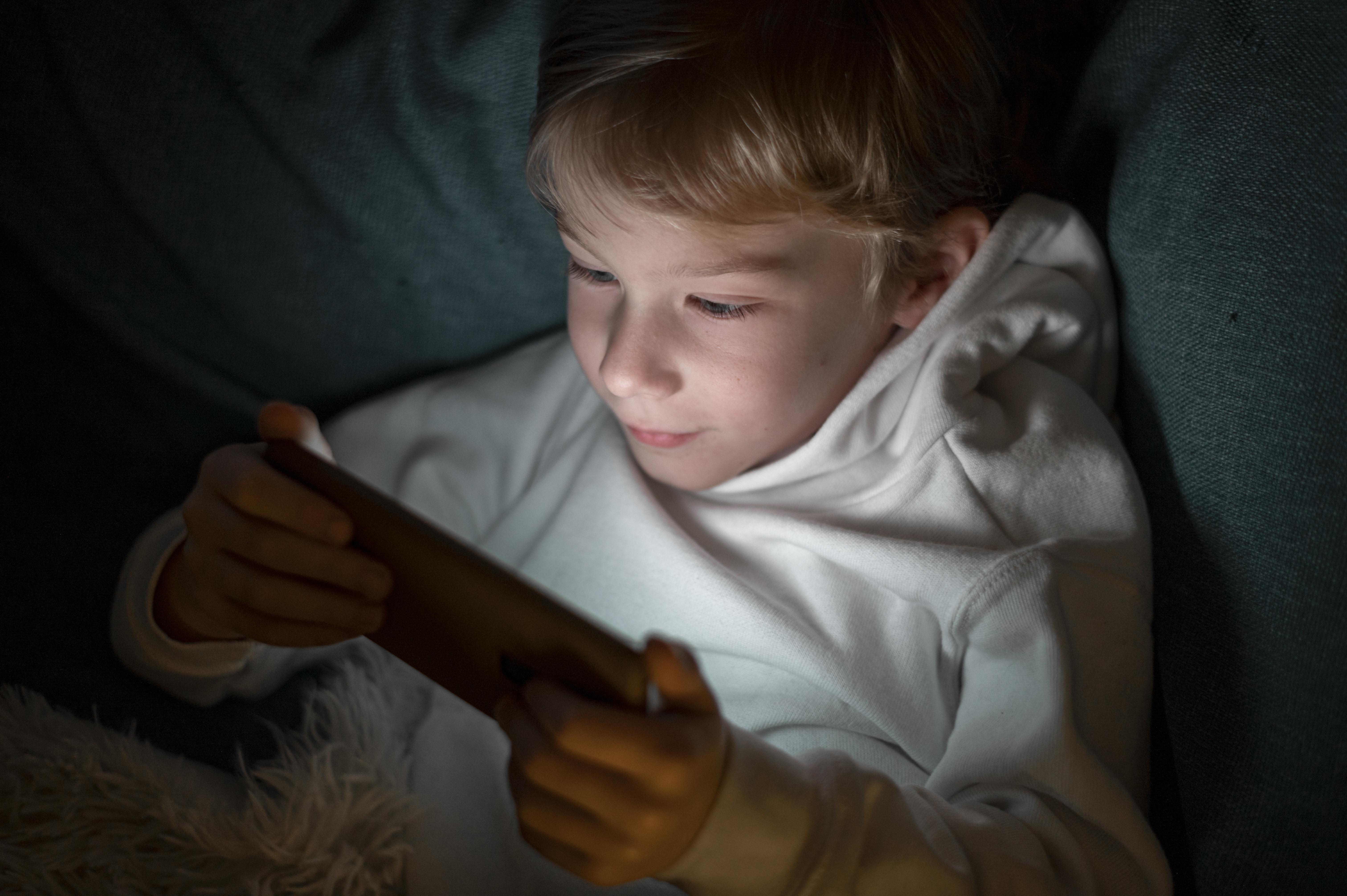

It’s bedtime. You think your child is fast asleep. But under the covers, there’s a soft glow from a phone or tablet screen. Sounds familiar?
In the digital age, many kids are secretly using devices late at night, leading to poor sleep, irritability, and a host of mental and physical health issues. The problem is more common than most parents realise, and it’s often hard to detect until the effects start showing.
Fortunately, with the right conversations and tools like a parental control app with screen time limits, you can stop the late-night scrolling before it becomes a serious issue.
Late-night screen usage can:
• Disrupt sleep cycles due to blue light exposure
• Lead to excessive fatigue, low focus, and mood swings
• Increase screen dependency and addictive behaviours
• Reduce performance in school and physical activity
• Expose children to unsupervised content during vulnerable hours
This is especially risky for teenagers, who are more independent and more secretive about their screen use. That’s why a parental control app for teenagers is essential in managing nighttime habits.
Look out for these red flags:
• Struggling to wake up in the morning
• Daytime sleepiness or crankiness
• Secretive behaviour with devices
• Hiding screens under pillows or blankets
• Devices found warm or with a low battery in the morning
• Disrupted sleep patterns without any other explanation
If you notice these signs, it’s time to explore both tech-based and behaviour-based solutions.
Make it a family norm:
• Collect all devices at a certain time (e.g., 9 PM)
• Store them in a common charging spot outside the bedrooms
• Set consistent tech-free hours every night
Use a free parental control app for kids to enforce these rules digitally and avoid arguments.
Tools like ParentVerse allow you to:
• Set screen time schedules that automatically lock devices after bedtime
• Restrict access to specific apps like YouTube or games during night hours
• Block device access entirely between set hours (e.g., 10 PM–6 AM)
This removes the need to manually check devices every night and avoids unnecessary confrontations.
A parental control app for multiple devices provides detailed screen-time reports across all screens your child uses. You’ll be able to see:
• Which apps are used the most
• If usage is happening outside approved times
• Emerging late-night screen patterns
This data helps guide calm, informed conversations.
Explain why nighttime tech use is harmful. Ask:
• “How do you feel the next morning when you stay up late on your phone?”
• “Can we try switching off earlier and see how you feel?”
• “What would help you wind down without your device?”
Involving them makes the boundaries feel fair, not forced.
Instead of taking screens away and leaving a void, replace nighttime scrolling with calming activities:
• Audiobooks
• Bedtime stories
• Journaling or sketching
• Soft music or guided meditation
These offline habits help them sleep better and reduce screen dependency.
Secret screen time at night may seem harmless, but it can seriously impact your child’s health, academics, and emotional well-being. The good news? With consistent habits, open conversations, and smart tech like ParentVerse, you can restore digital discipline and improve sleep without daily battles.
Because parenting in the digital age doesn’t mean being a watchdog, it means being a wise guide.